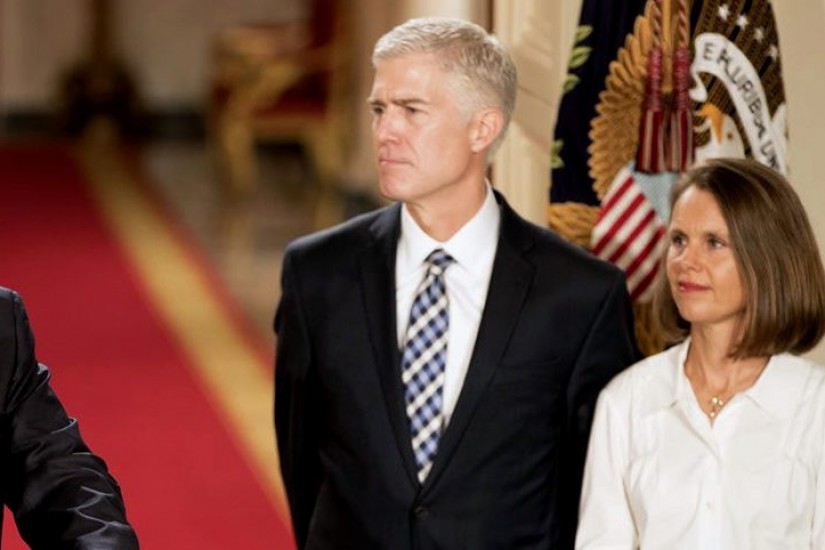The battle between originalists and historians has thus evolved from an empirical to a methodological one. The dispute is no longer over historical knowledge of the Founding era. It is now over what methods are needed to identify the original meaning of a historical text. And it is particularly over whether champions of Originalism 2.0 are right that historical methods are, as originalist Lawrence Solum has put it, merely “supplementary and complementary to the methods employed by originalists.”[28] Are originalists justified in claiming that, in targeting a certain kind of historical meaning, they are in fact immune from historical critique? Is it true that historical methods are not useful for discovering the original public meaning of a historical text?
Originalism 1.0 was an affront to Founding-era American historians. But Originalism 2.0 is an affront to all historians. For its advocates contend that they can acquire exactly what they would like to know about history without behaving like historians; they insist that historical methods are only incidental to their chosen historical inquiry. Here originalists make a common mistake, one that all historians should challenge: they fundamentally fail to understand what historians do. They effectively concede that if other forms of original meaning mattered (like those important to Originalism 1.0), historical expertise would indeed be relevant; but they also presume that historical expertise has little bearing on the recovery of public meaning.[29] They draw this distinction because they assume that historical knowledge is a form of knowing that rather than a form of knowing how. They assume that historians know that this or that happened in the past in this or that way; they assume that historians’ contribution is that they have scoured the archives and have assembled and organized the relevant facts; they assume that what historians principally offer is empirical knowledge. But this characterization largely misses the mark. Of course, historians have vast empirical knowledge of the past and, of course, it is critical to what they do. But, at base, historians’ expertise is that they know how to read historical sources and properly decipher their historical meaning—that is, the meaning such sources had in their original historical context. The foundational skill of historical practice is knowing how to think historically. As all historians appreciate, this gestures towards something far greater than mastery of facts; it means knowing how to abstract oneself from the present to navigate an alien, past world. It means knowing how to bracket the assumptions, values, and logics that shape contemporary consciousness in order to replace them with the assumptions, values, and logics that framed the very different mental universe of those living in a different time and place. No matter the text in question (be it a formal treatise, a law, a novel, a painting, a riot, a slave’s freedom suit, a political speech, or a material object), the skill is common to all historical investigations. This knowhow is the defining attribute of historical expertise, organizing the profession and guiding its training.
